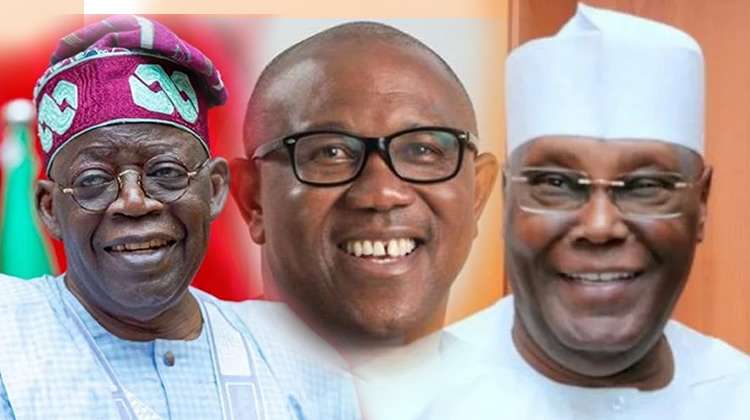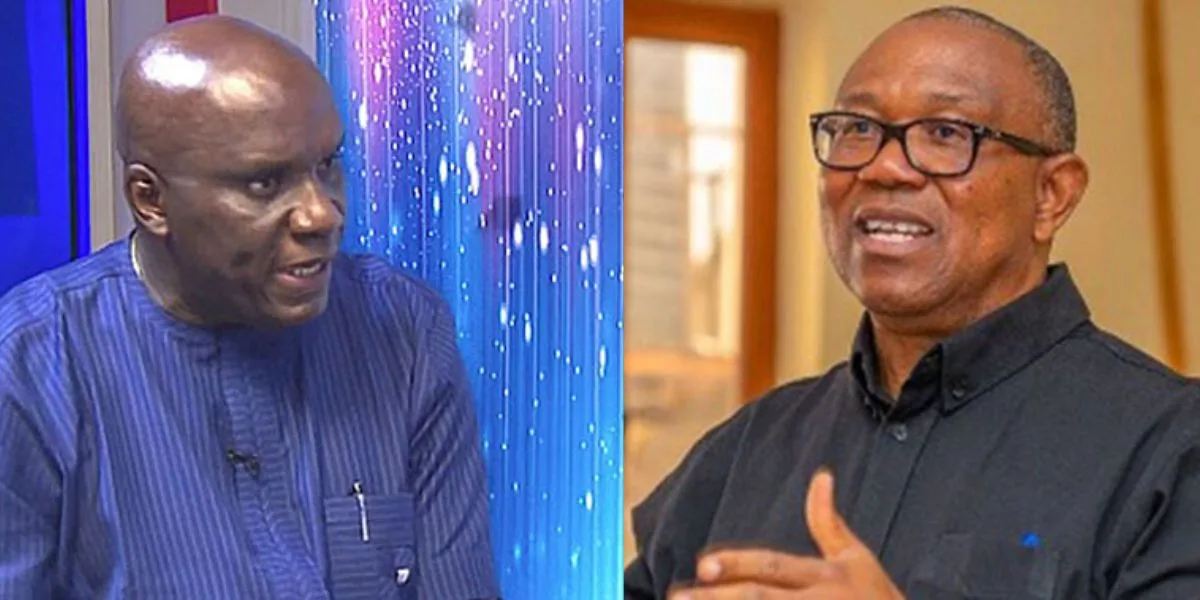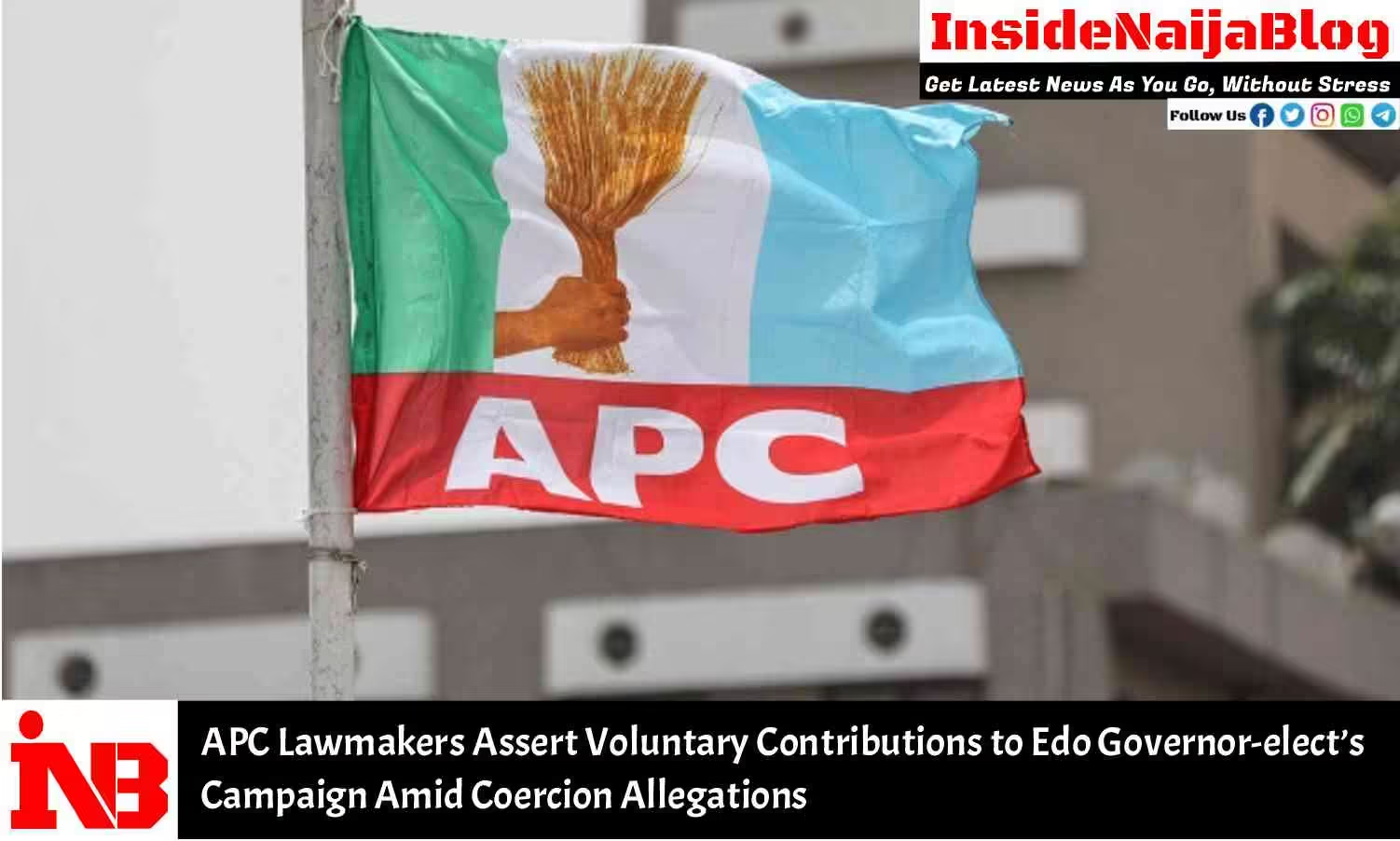The political landscape in Nigeria has long been dominated by the ruling party, leaving opposition parties weakened and often irrelevant. The 2003 elections were a turning point, illustrating the systematic collapse of opposition forces. Former President Olusegun Obasanjo’s strategy during his tenure highlighted the tools used to undermine opposition parties, leading to their near extinction. This manipulation of political systems reveals deeper issues within Nigeria’s democracy.
Obasanjo’s tactics included co-opting opposition leaders and dismantling the structures of rival parties. Under the guise of forming a Government of National Unity (GNU), he strategically appointed leaders from opposition parties like the All Peoples Party (APP) and Alliance for Democracy (AD) into his administration. These appointments served not to unify but to neutralize opposition voices. By 2003, most opposition governors in the South-West had been unseated, leaving Lagos State’s Bola Tinubu as a lone survivor.
Obasanjo’s People’s Democratic Party (PDP) employed tactics such as manipulating election results and leveraging ethno-cultural biases to consolidate power. By 2003, PDP controlled 70% of legislative seats and 75% of state governorships. This overwhelming dominance left little room for opposition parties to thrive.
The collapse of opposition parties can be attributed to several key factors:
- Greed Among Politicians: Many politicians prioritize personal gain over party loyalty or ideology. When faced with the opportunity to join the ruling party, they abandon their affiliations to secure wealth and power.
- The Role of Money: Nigerian politics is deeply rooted in financial incentives. Opposition politicians, unable to access state resources, often defect to the ruling party to maintain their status and financial stability.
- Constituent Pressure: Poverty and disenfranchisement among voters often lead constituents to pressure their representatives to align with the ruling party, seen as the source of economic benefits.
- Fear of Irrelevance: Opposition politicians fear losing visibility and influence. Aligning with the ruling party often guarantees access to high-profile roles and privileges.
- AGIP (Any Government In Power) Syndrome: Many politicians switch allegiances to remain close to those in power, undermining the integrity of opposition parties.
- Lack of Alternative Livelihoods: For many politicians, public office is their sole source of income. This dependency drives them to align with the ruling party to secure their future.
- Weak Party Structures: Opposition parties lack sustainable organizational frameworks, making them vulnerable to internal and external manipulations.
- Absence of Internal Democracy: Without transparent processes, parties fail to foster loyalty or ideological commitment among members.
- State Capture: The ruling party often co-opts state institutions, making it nearly impossible for opposition parties to function effectively.
- Electoral Irregularities: The lack of confidence in electoral bodies like INEC has eroded trust in the democratic process. Rigging and manipulation discourage opposition politicians from contesting elections, pushing them toward the ruling party.
These issues have created a vicious cycle where opposition parties struggle to gain traction, perpetuating the dominance of the ruling party. For Nigeria’s democracy to thrive, systemic reforms are essential. Transparent electoral processes, strengthened party structures, and an end to state capture are necessary to foster a vibrant and competitive political environment. Only then can opposition parties regain their footing and play a meaningful role in shaping the nation’s future.




